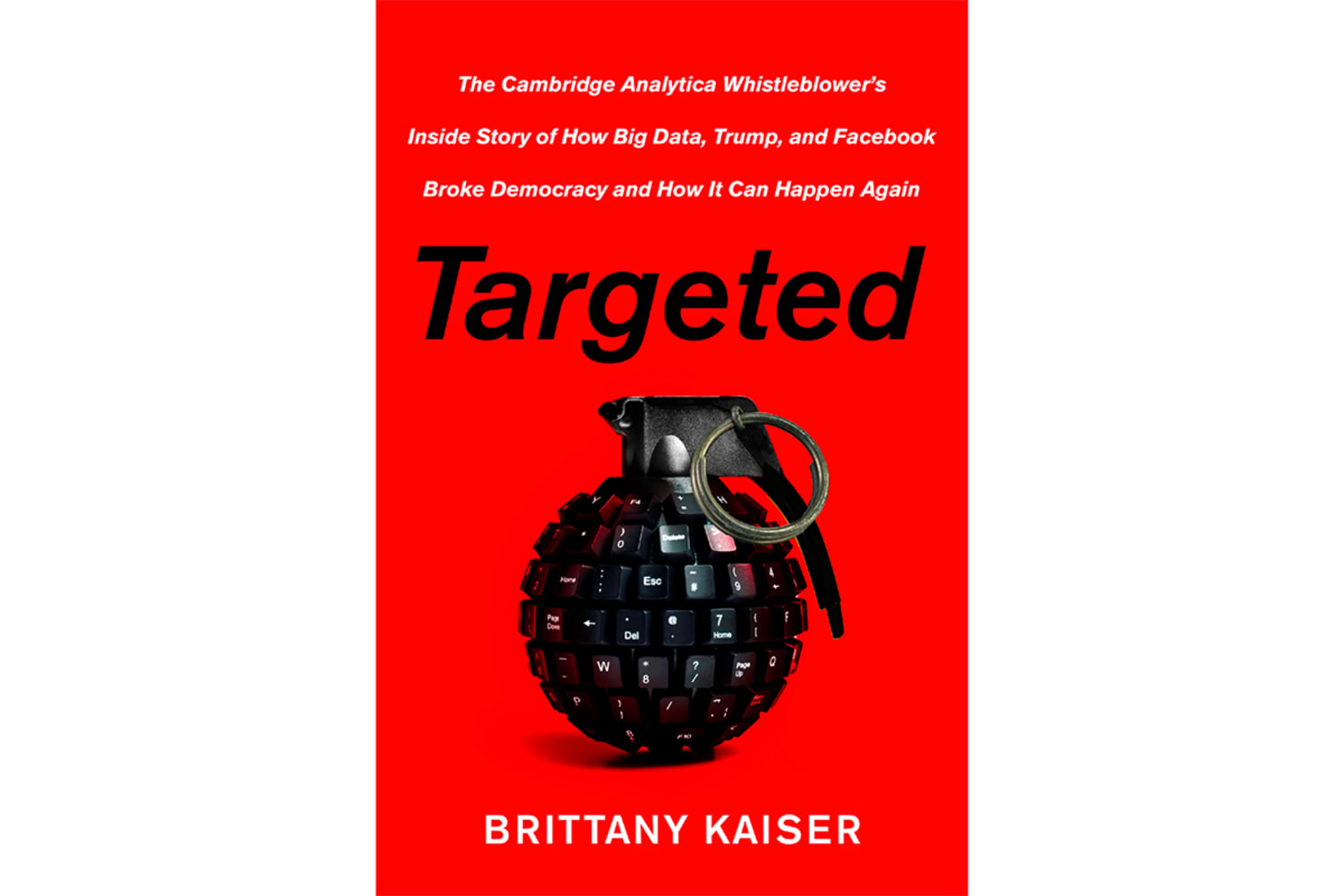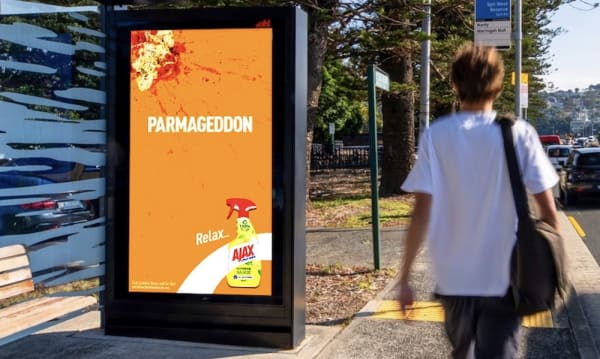What does it mean to you to own your data?
By owning your data, I mean actually having property rights to the most valuable asset that you produce every day. Data has become the most valuable asset on planet earth, yet all of us as individuals, the people that produce that asset, have no rights to its value at the moment.
So, the idea means that [you’d own data], just like you would own any other property, like your car or your house. If somebody wants to use it, they should tell you what they want to use it for, how long they want to use it for and give you a price and pay you before you give them access to that very personal and valuable asset. And I think that’s really the way legislative frameworks are going and the way that we can fix the most unethical activity that happens in the data industry these days.
How valuable do you think data is now? And how valuable do you think it’ll be in the future?
Data is exponentially valuable, it just depends on what you’re using it for. I find it funny these days that big tech companies like to say your data is worth $17 per quarter because they’ve decided to do some black box calculations, behind the scenes and just put a number on it. But basically the data we produce every day and the data we have the ability to produce is as valuable as what we decide to apply it to.
Take for instance medical data that no one shares at the moment, unless you want to participate in a medical trial. Most pharma companies and medical researchers have estimated that it costs them over $28,000 to get the medical data of one person for a diabetes study, who will actually stay through to the end of the study.
So if you start to think about applications like that, you start to see the endless amounts of places our data could be used. And it could be used for very good purposes, if we were empowered to own and control it ourselves.
The idea is, in the future, that we’d have a lot more access and transparency into who wants what type of data. Then we would have the choice to produce or share that data with all of those organizations, be it for profit or non-profit, or governmental or anyone interested in using those data sets.
How did data ownership become so important to you?
I started realizing this around 2016 when I saw how frivolously data was bought and sold and used to target people ahead of the elections. It was only when I started getting into the blockchain industry in 2017 that I started to realize there are technology solutions that allow you to control and track and trace your data. And to be able to set terms for how you share your data and terms for transactions, called smart transacting, that I finally realized this idea that we can control our own data and our digital identity is not a figment of our imagination or a wild hope for the future, it’s actually possible.
Speaking of data privacy, what are the specific laws your hoping will be put into place to help promote data privacy?
I don’t like to say I’m a privacy campaigner, because I’m not. I’m more a campaigner for transparency and for consent.
I think the concentration needs to be on protection and management of data, so if you own your data like your property, you have all the legal recourse to protect your property. And anybody who wants to use your property – be it the government or a corporation – you should get to know what they’re using it for, how they’re using it and be compensated for that.
So it’s really the property rights framework. The right to property is a basic human right that I think is the legislative framework going forward.
I spent so many years of my life training as a human rights lawyer and working in human rights lobbying. Trying to protect a basic human right, alone, is incredibly difficult and good luck getting your human rights protected in a courtroom. But try to protect your property in the courtroom and you’ll win every time because property rights are the most protected legal framework in American law and most other countries as well.
What responsibilities do you think brands have to consumers when it comes to data ownership?
I think the responsibility that brands have is to be transparent with their consumers and I think it can be a very big win-win.
So, if brands decide to be open with their consumers and say, ‘this is all the data we hold on you, do you want to update it, do you want to add to it,’ then they’d be quite shocked when instead of paying data scientists and data engineers insane amounts of money to match and hygiene [clean] a data set you can just get live, updated data from the consumers themselves.
You can reward them for it in reward points or whatever ecosystem it happens to be. It could be a gift certificate or certain sale or discount – however you want to incentivize people. That idea that you can openly say we use your data so that we can better serve you.
It’s really the way everything needs to be moving forward – transparency and trust.
Brands are getting more aware that developing loyalty means transparency. It doesn’t mean constantly trying to grab your consumers attention. It means actually developing a conversation and a trusting relationship.
If brands don’t offer data ownership, what do you think is at risk in the future?
Most companies seem to think it’s destroying their business model, if all of a sudden you let people own data. That’s not the case. We’re not saying delete all the data you have or start paying people by the minute for each data point, it’s nothing like that. In fact, it’s just saying – Be a little more honest about what you’re doing and it’s possible people will share more data with you than before.
And if people don’t want to be bothered then they’ll tell you that and you can stop wasting your advertising spend on them. In the end, it’s actually an improvement of the business model because you’re cutting out people who don’t want to be advertised to and you’re going to get real, updated information in order to target a better experience to the customers who do want to interact with you.
In the future, if brands decide not to adopt this, they’re going to lose out because consumers are not going to be interested in constantly being targeted with advertising they’re not interested in. And they’re not going to be excited about working with companies or giving their money to companies that are completely un-transparent about what they’re using their information for – because more and more companies are showing they are either not good enough data protection protocols, or they are not protecting or using data in a way that is good for the consumer. It’s only profit driven, which is never going to create consumer loyalty for any reason.
What do you think are best next steps for companies and consumers to take?
I think they best next steps for companies to take is to be the thought leader and make the first move. Make the ethical choice before the law forces you to, because there is quite a lot of new legislation and regulation in Congress around the management of data disclosure to citizens and consumers. And also, giving dividends to consumers for usage of their data.
Before all of that becomes enforcement, it makes a lot of sense for companies to take the initiative and start building those trustworthy relationships with their customers without being forced to do so.
With individuals, I would say right now, what most people need to do is talk to their legislators about standing up for their data rights.
It really is a legislative and regulatory issue at this point. The ethical technologists are building this technology and testing it. It’s getting bigger and more robust every day. Legislative and regulatory frameworks are on their way, but they need more support.
Some of the best frameworks that are available right now – if you go to the DQInstitute.org – there is a digital intelligence portion and it lists all of the digital ways you can protect yourself and lead an ethical digital life. It includes everything from data rights to cyber security protocols, to how you should behave on social media in an ethical manor and has an emotional intelligence of your communication online.
You mentioned data is becoming the most valuable modern asset – can you clarify what you mean by that?
It was calculated in 2017 by The Economist. They measured the worth of all world markets and by their estimation data has far surpassed oil and gas as the most valuable asset, in terms of its worth on planet earth.
It would be hard to argue with that because there are a lot of things that aren’t powered by oil and gas, but everything is powered by data.
Do you see data as the next weapon in modern warfare?
I think data has already been weaponized. It’s why so many people back new types of data regulation and data legislation and changes in company policy. The data industry has developed into a kleptocracy, the most value asset people have is being stolen by the most powerful companies and we have no power to take it back and no power on how it’s used or misused against us. Without transparency and real, informed consent, data is what everyone is fighting over at the moment. Cyber warfare is the new warfare.
I think a mix of awareness from companies, ethical legislation and transparency and technology that provide that transparency are the things that will make sustainable change. Otherwise we’re definitely in the middle of the data wars.



